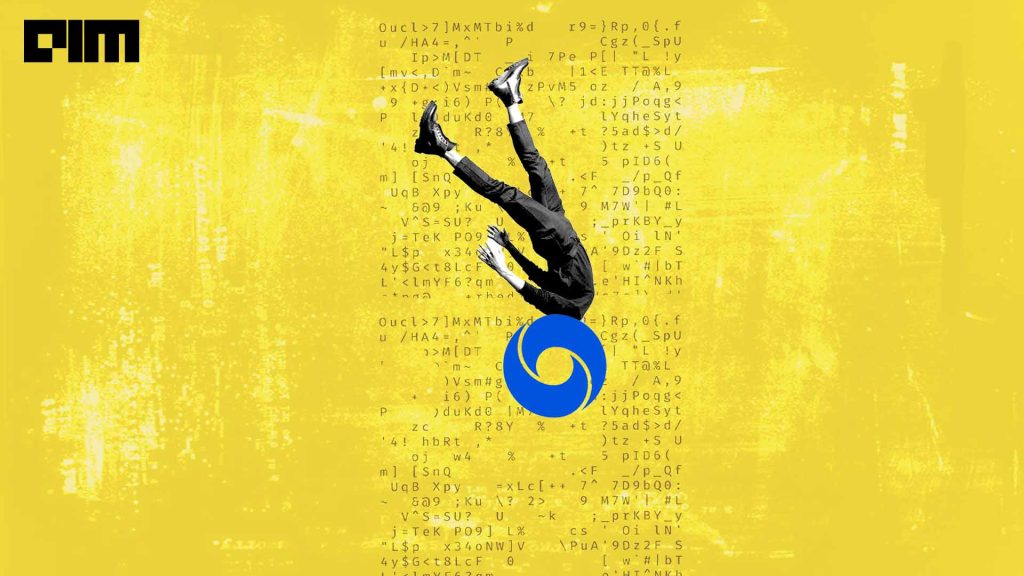Google DeepMind is enforcing noncompete agreements that prevent some UK-based employees from joining rival companies for up to a year after leaving the organisation, Business Insider reported.

The report mentioned that, according to multiple former employees, these agreements have become a point of contention, especially as the competition for AI talent intensifies globally.
The restrictions vary, depending on employees’ roles and seniority levels. While six-month noncompetes are common for individual contributors, some senior researchers have been subject to agreements lasting as long as 12 months. In certain cases, employees have been placed on extended garden leave, where they continue receiving pay but are no longer actively working at DeepMind.
A Google spokesperson reportedly said that the company’s contracts are “in line with market standards” and that noncompetes are used selectively to safeguard the company’s business interests.
However, some former DeepMind employees argue that the restrictions limit their ability to pursue new opportunities, especially as other AI firms expand their operations and seek to attract talent. One former employee described the one-year waiting period as “forever in AI”, referring to the pace at which the field evolves.
The topic gained public attention last week when Nando de Freitas, a vice president at Microsoft AI and former DeepMind director, addressed the issue in a post on X. He claimed that DeepMind employees frequently seek advice on how to exit their contracts. Freitas encouraged staff not to sign such agreements, and named senior DeepMind leaders he believes oppose the policy.
In the UK, noncompete clauses are enforceable if considered reasonable and necessary to protect a company’s interests. In contrast, US states like California—home to many large tech firms—do not recognise such agreements, even if signed elsewhere. New legislation passed in 2023 further extended California’s noncompete ban.
Some employees have considered relocating to the US to avoid the contractual restrictions. Others have expressed concern that the clauses could cause them to miss out on roles at fast-moving startups that may not wait several months to bring on new hires.
Observers note that noncompetes in AI resemble those seen in the financial sector, where firms have long used similar tactics to retain key talent. As investment in generative AI continues and competition grows, these legal provisions are becoming a central issue in the ongoing race for technical expertise.

